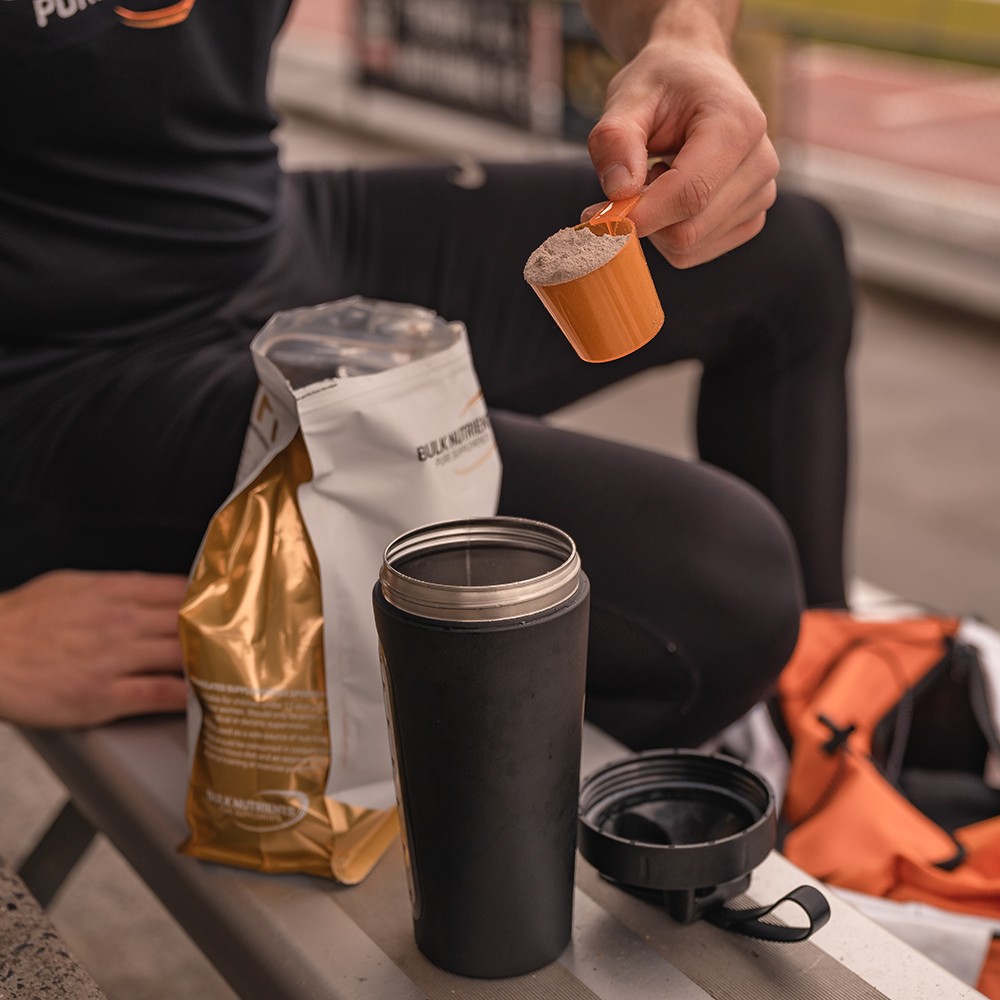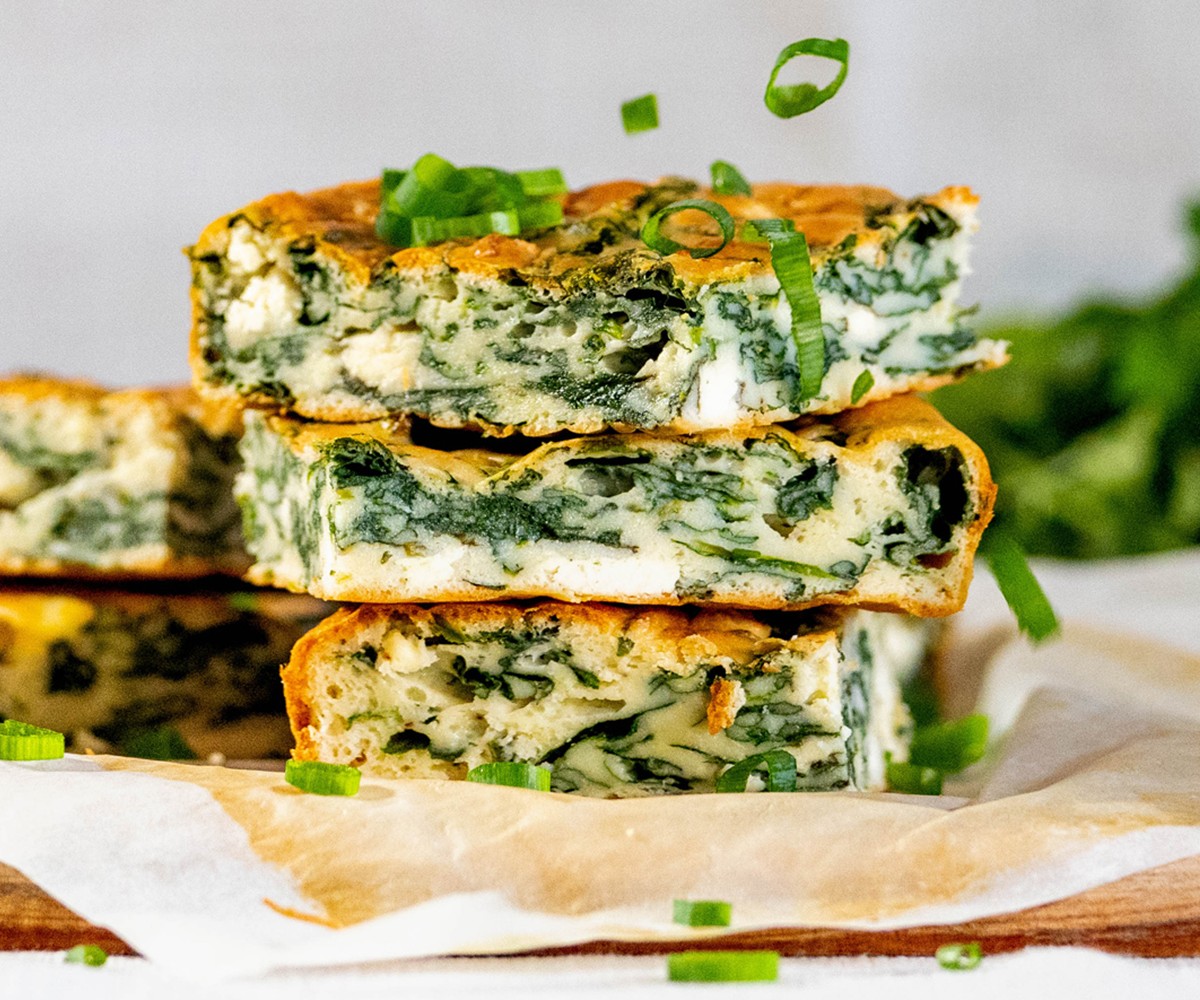Is 6+ Protein Meals a Day Necessary for Optimising Physique Gains?

Re-evaluating the bro myths. Is 6+ protein meals per day necessary?
While the “Bro” versus “Science-Based” discord is joked about continuously to the point of it being somewhat cliché, I dare to say that nowadays there is a blurring of the boundaries. What we once considered a hard margin between a stringer-wearing, BB.com Forum army, and RPE-based, intuitive eating, “show me the research” group of PubMed warriors…is a whole lot murkier.
Now we see a number (and quite likely an increasing trend) of open-class bodybuilders succeeding in the Pro ranks of the IFBB adopting evidence-based nutrition and training practices. This is an observation that has never been so palpable before, with the IFBB largely exiled for some time in the eyes of the evidence-based (and predominantly natural) fitness community.
Likewise, we now see a number of evidence-based practitioners reverting back to what had once been disregarded as “bro” practices e.g. meal plans, lower palatability diets during fat loss phases, and higher training set volumes per week.
Given the amalgamation of “bros” and “sciencers” perhaps it’s worth re-evaluating some of the other “bro myths”. Maybe the answers aren’t as simple as previously assumed.

Do we need 6+ protein meals per day to optimise our physique progress?
Is a breakfast, lunch, and dinner feeding schedule holding us back from reaching our physique potential? The debate has waged on for decades… and I predict most readers here would say something along the lines of “that’s just bro-science” in rebuttal.
Let’s take a harder look at some of the recent research.
In a well-conducted study, the researchers compared a 6 meals per day diet with 30% protein, to a 3 meals per day diet with 15% protein designed to maintain body weight losses after a 12-week weight loss phase. The weight maintenance phase lasted 52 weeks.
Interestingly, those following the more “bro style” 6 meal per day approach regained significantly less weight than the 3 meal per day group (1% versus 6%). The 6 meal per day group also better maintained total, abdominal and visceral body fat losses. So that tells us many of the favourable changes occurring from the 12 weeks of weight loss are being maintained to a greater degree in the 6 meal per day compared to the 3 meal per day group. This is an important finding given that many people fail to maintain the benefits of weight loss in the long term.
Even more intriguing, the researchers provided theoretical support for a metabolic advantage coming from more frequent protein feedings, based on their additional finding that the 3 meal per day group regained more fat, but with comparable resting energy expenditure (think of this as metabolism) to the 6 meal per day group.
Thus, while not convincing evidence either way (given that the 6 meal per day group also had higher daily total protein), it’s enough to suggest that perhaps we shouldn’t stab the knife into the higher frequency bro-way of eating too soon. The results provide compelling support that a higher protein, higher frequency of eating was better for maintaining weight and fat losses compared to a conventional breakfast, lunch, and dinner style of eating (a small win for the Bros!).
And yes, despite these results…it’s probably still going to come down to…. eat how you find easiest to stick to.

In addition, a similar study compared the effects of different protein intakes and meal frequency in healthy sedentary adults to determine if higher protein intakes would elicit greater body composition changes (LBM, Abdominal Body Fat, and BW).
The researchers went to compare 3 groups with similar energy intakes as follows:
- 35% protein, 6 meals a day.
- 35% protein, 3 meals a day.
- 15% protein, 3 meals a day.
In line with previous research, the high protein, 6 meals a day group presented stronger declines in abdominal body fat, greater lean body mass rates, and lower body fat percentage in comparison with the lower protein group. Also, body weight declined to a higher degree in the high protein, 3 meals a day group when compared to the traditional protein group. Which adds weight to the idea that higher protein diets – regardless of the frequency – are superior for body composition and overall health than traditional protein diets.
Moreover, it was shown how the “bro style” 6 meals a day group experienced less hunger than the other 2 groups, which suggests how high protein diets may help in reducing calorie intake, and in turn, lower body fat to some extent.
Such results add weight to the evidence that high protein diets are superior to low protein diets, especially since these results happened in the absence of significant differences in energy intake or expenditure, showing us yet again the ‘metabolic advantage’ that can come from high protein diets.
The authors finally concluded that consuming increased amounts of protein (35% v 15%), more often, significantly reduced weight and abdominal body fat, plus improved lean body mass than in the traditional protein group. These findings also suggest that an increased ratio of protein in a diet increases energy expenditure and can cause a greater thermogenic response.
So, is more frequency finally better, is this a win for the “bros”?
It boils down to this…
Well, I wouldn’t say that yet, despite some evidence showing higher meal frequencies can be better than low frequencies for body composition. For maintaining weight and probably overall health, the main takeaway is to eat more protein, more often. We don’t need 6+ meals a day to optimize our physique, but the research suggests that for us to maximise our gains we should consume higher ratios of protein in our diets (higher than 15%).
The reason why high meal frequency shows to be superior to low meal frequency in most cases is that usually, having more meals in a day means a higher number of protein feedings, which results in a higher protein intake overall. Protein feedings in a day should range from 3-6 portions a day, so we can keep leucine levels high enough to promote muscle protein synthesis, body composition, and therefore, optimize our physique gains.

Jackson Peos
Jackson Peos has completed a PhD at the University of Western Australia, and has a straightforward approach to nutrition and supplements.
He's completed his BSc in Sports Science, and Exercise & Health, and his BSc (Hons) in Exercise Physiology.
References:
- Arciero, P.J.; Edmonds, R.; He, F.; Ward, E.; Gumpricht, E.; Mohr, A.; Ormsbee, M.J.; Astrup, A. Protein-Pacing Caloric-Restriction Enhances Body Composition Similarly in Obese Men and Women during Weight Loss and Sustains Efficacy during Long-Term Weight
- Arciero PJ, Ormsbee MJ, Gentile CL, Nindl BC, Brestoff JR, Ruby M. Increased protein intake and meal frequency reduces abdominal fat during energy balance and energy deficit. Obesity (Silver Spring). 2013 Jul;21(7):1357-66. doi: 10.1002/oby.20296. Epub 20
- Leidy HJ, Clifton PM, Astrup A, Wycherley TP, Westerterp-Plantenga MS, Luscombe-Marsh ND, Woods SC, Mattes RD. The role of protein in weight loss and maintenance. Am J Clin Nutr. 2015 Jun;101(6):1320S-1329S. doi: 10.3945/ajcn.114.084038. Epub 2015 Apr 29.
- Madonna M. Mamerow, Joni A. Mettler, Kirk L. English, Shanon L. Casperson, Emily Arentson-Lantz, Melinda Sheffield-Moore, Donald K. Layman, Douglas Paddon-Jones, Dietary Protein Distribution Positively Influences 24-h Muscle Protein Synthesis in Healthy A , https://doi.org/10.3945/jn.113.185280
- Tarnopolsky MA, MacDougall JD, Atkinson SA. Influence of protein intake and training status on nitrogen balance and lean body mass. J Appl Physiol (1985). 1988 Jan;64(1):187-93. doi: 10.1152/jappl.1988.64.1.187. PMID: 3356636.














































